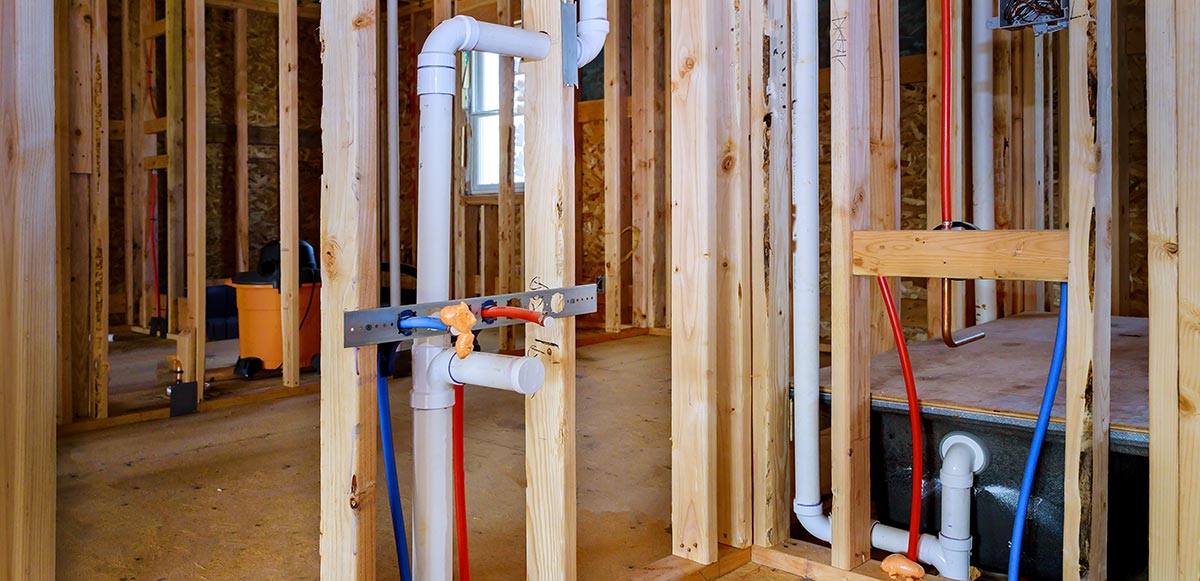
Dealing with a clogged bathroom sink can be a frustrating experience. Whether it's hairballs, soap scum, or other debris causing the blockage, it's essential to address the issue promptly to prevent further damage. By understanding the common causes of bathroom sink clogs and knowing how to tackle them effectively, you can keep your sink running smoothly and prevent costly plumbing repairs. In such situations, it's often helpful to seek assistance from professionals like Plymouth Plumbing & Heating, who have the expertise and tools to tackle even the toughest clogs swiftly and efficiently.
Common Causes of Bathroom Sink Clogs
Hairballs
- Hair is one of the most common culprits behind bathroom sink clogs.
- As we wash our hair in the sink, strands can accumulate and clump together, forming blockages over time.
- Hairballs can trap other debris, such as soap scum and toothpaste, exacerbating the clog.
Soap Scum
- Soap scum is another frequent cause of bathroom sink clogs.
- As soap mixes with water, it can form a sticky residue that coats the inside of pipes and traps other particles.
- Over time, this buildup can restrict water flow and lead to clogs.
Tackling Hairball Clogs
Use a Drain Snake
- A drain snake is a flexible tool that can reach deep into the pipes to dislodge hairball clogs.
- Insert the snake into the drain and twist it to catch onto the hairball, then pull it out.
- Repeat as needed until the drain is clear.
Baking Soda and Vinegar Solution
- Combine baking soda and vinegar to create a foaming solution that can break down hairball clogs.
- Pour the mixture down the drain and let it sit for about an hour before flushing with hot water.
- Repeat if necessary to completely clear the clog.
Preventing Soap Scum Buildup
Regular Cleaning
- Regularly clean your sink and drain to prevent soap scum buildup.
- Use a bathroom cleaner or a mixture of vinegar and water to remove residue from the sink and pipes.
- Wipe down the sink after each use to prevent soap scum from accumulating.
Boiling Water Flush
- Once a week, pour boiling water down the drain to help dissolve any soap scum buildup.
- This can help prevent clogs and keep the water flowing smoothly.
- Be sure to run hot water after flushing to rinse away any loosened debris.
Professional Help
When to Call a Plumber
- If you've tried DIY methods and the clog persists, it may be time to call a plumber.
- A professional plumber can use specialized tools to clear stubborn clogs and prevent further damage to your pipes.
- They can also provide advice on how to prevent future clogs and maintain your sink properly.
Maintenance Services
- Consider scheduling regular maintenance services with a plumbing professional to keep your sink clear and functioning correctly.
- They can inspect your pipes, clean out any buildup, and address minor issues before they become major problems.
- Preventative maintenance can save you time and money in the long run by avoiding costly repairs.
By understanding the common causes of bathroom sink clogs and knowing how to tackle them effectively, you can keep your sink running smoothly and prevent future blockages. Remember to address clogs promptly and take preventive measures to maintain your sink's functionality. If you're unable to clear a stubborn clog on your own, don't hesitate to call a professional plumber for assistance. With the right tools and techniques, you can keep your bathroom sink free from hairballs, soap scum, and other common clog culprits.